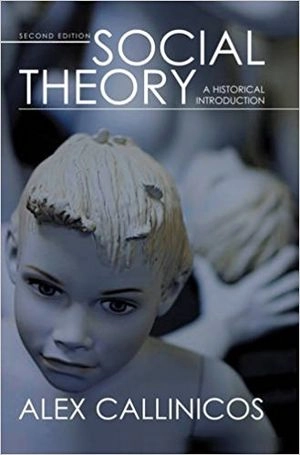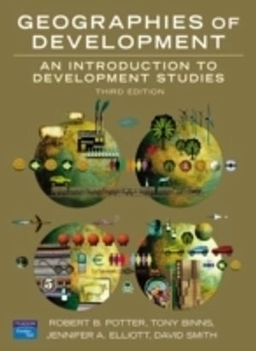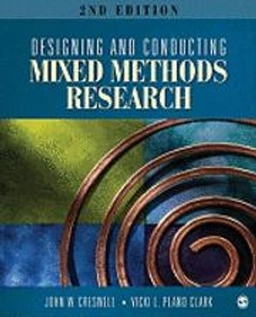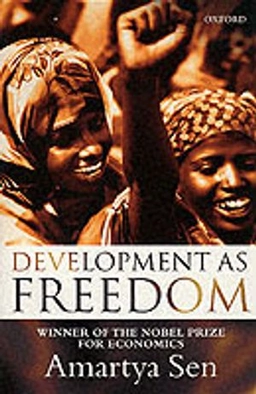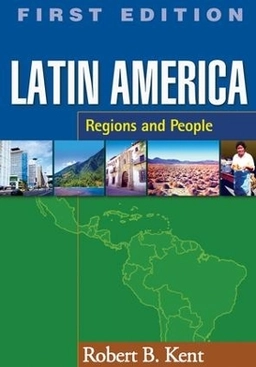The second edition of this remarkably lucid text, provides a wide-ranging historical introduction to social theory. The new edition preserves, and further enhances, the book’s striking qualities – its clarity, reliability, comprehensiveness and scholarship. The theorists treated include Montesquieu, Adam Smith and the Scottish Enlightenment, Hegel, Marx, Tocqueville, Maistre, Gobineau, Darwin, Spencer, Kautsky, Nietzsche, Durkheim, Weber, Simmel, Freud, Lukács, Gramsci, Heidegger, Keynes, Hayek, Parsons, the Frankfurt School, Lévi-Strauss, Althusser, Foucault, Habermas, Bourdieu, Beck, and Giddens. Callinicos examines the ways in which social theory grew out of the eighteenth century Enlightenment, a time when societies emerging in the West ceased to invoke the authority of tradition to validate themselves, instead looking to scientific knowledge to justify their mastery of the world. He traces social theory’s connections with central themes in modern philosophy, with the development of political economy, and with the impact of evolutionary biology on social thought.
The book has been carefully updated to ensure that it engages with the most up-to-date debates in social theory, and concludes with a substantial new chapter. Here Callinicos assesses the significance of contemporary debates about globalization, including the recent re-emergence of critiques of capitalism and imperialism in the work of Michael Hardt, Toni Negri, Luc Boltanski, Eve Chiapello, David Harvey, Robert Brenner, Giovanni Arrighi, and Slavoj Žižek.
This updated version of a widely praised text will be essential reading for students of politics, sociology and social and political thought.
Åtkomstkoder och digitalt tilläggsmaterial garanteras inte med begagnade böcker
